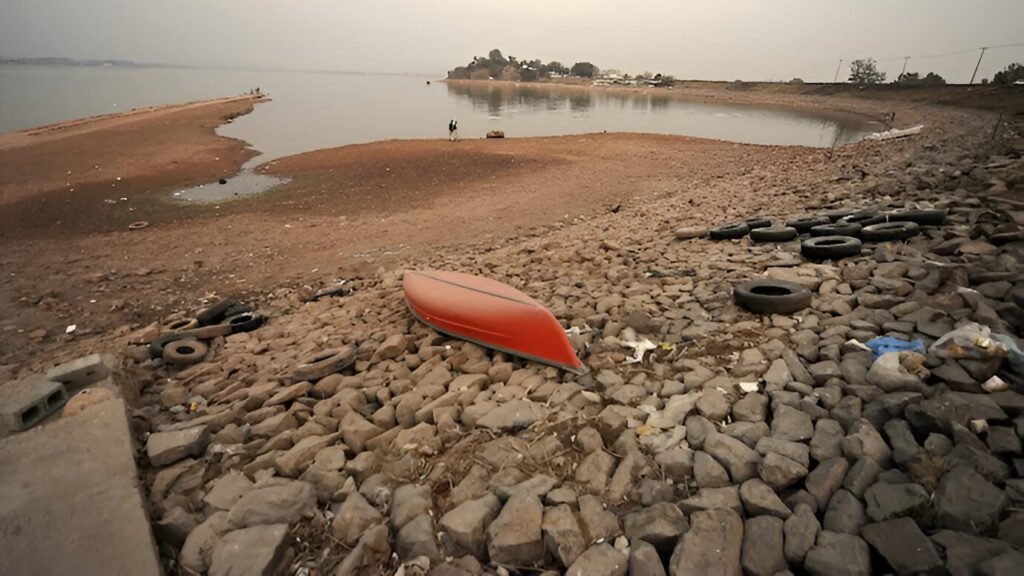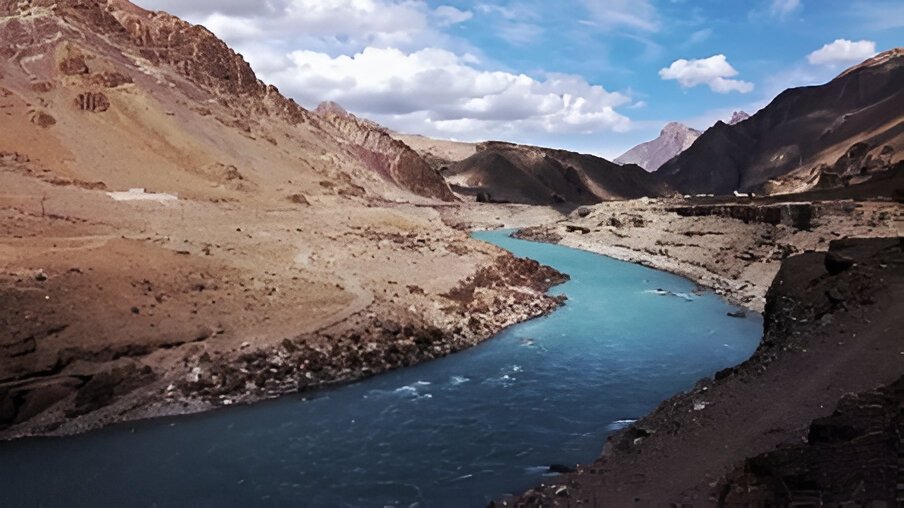
The recent news of India suspending the Indus Waters Treaty after the Pahalgam attack has Twitter buzzing with bold predictions: “Pakistan will die out of thirst” and “Pakistan will face a severe water crisis this summer.” But can India really turn off the tap so easily? The truth, as always, is more complicated than the headlines suggest.
The Treaty That Survived Wars
I remember studying the Indus Waters Treaty in college—it’s one of those rare diplomatic achievements that has weathered storm after storm. Signed back in 1960 when Nehru and Ayub Khan were in power, this agreement has somehow survived four wars and countless border skirmishes.
The deal was pretty straightforward: India got the eastern rivers (Sutlej, Beas, and Ravi), while Pakistan received rights to the western ones (Indus, Jhelum, and Chenab). For Pakistan, this wasn’t just any agreement—it was life-sustaining. About 80% of their water comes from these rivers, watering the fields that feed millions.
My Pakistani friend once told me how the Indus is to them what the Ganges is to many Indians—not just water, but lifeblood. Punjab province alone produces 85% of Pakistan’s food, almost entirely thanks to these rivers.
Why Pakistan Won’t Immediately Go Thirsty
Despite the dramatic headlines, Pakistan isn’t about to run dry tomorrow. Why? Simply put, we don’t have the infrastructure to make that happen.
Think about it—to truly “turn off” a river system as massive as the Indus, you’d need enormous dams and reservoirs that India simply hasn’t built. The treaty specifically restricted India from building reservoir dams on those western rivers. We could build “run-of-the-river” hydroelectric projects, but these don’t actually stop water flow.
An engineer friend working on hydro projects in Jammu put it to me plainly over chai last month: “At most, with current infrastructure, India might reduce flows by 5-10%. Anything more would require years of construction.”
Building major dams isn’t like putting up a tent—it takes years of planning, environmental studies, and billions in funding. Not to mention the ecological impacts that would need addressing.
The Real Impact: Psychological Pressure
So if we can’t literally cut off their water, what’s the point of suspending the treaty? It’s about sending a message.
I was discussing this with my neighbor, a retired diplomat, who explained it perfectly: “This is psychological warfare. The suspension makes Pakistan’s military and political establishment nervous about their long-term water security, which is already precarious.”
The move signals that India is willing to reconsider fundamental agreements if cross-border terrorism continues. It’s like telling someone you might change the locks—they still have access today, but they’re now worried about tomorrow.

What Could Change Down the Road
If the suspension continues long-term, several things could happen:
First, India could stop sharing water flow data with Pakistan immediately. That might not sound dramatic, but imagine trying to plan your farming when you have no idea how much water is coming your way.
Second, India could begin planning previously restricted projects. The Kishanganga and Ratle hydroelectric projects might be redesigned without previous constraints.
And third, farmers in Pakistan might pump more groundwater to compensate, potentially depleting aquifers that are already strained. A Pakistani journalist I interviewed last year told me Karachi already depends heavily on water tankers—any additional stress would hit hard.
Pakistan’s Limited Options
What can Pakistan do about it? Surprisingly little, it seems.
The treaty has no exit clause—neither country can legally walk away from it. Pakistan could try approaching international courts, but legal experts point out a critical weakness: these mechanisms resolve disputes under the treaty, not enforce the treaty itself if one party has stepped away.
As I was reading through expert opinions, one quote from former Pakistani law minister Ahmer Bilal Soofi stood out: “In case India ‘revokes’ the treaty… Pakistan will not be left with any peaceful mechanism for seeking performance of the treaty by India.”
Water as a New Diplomatic Tool
Water is becoming the oil of the 21st century, and this suspension shows how it can be weaponized in geopolitics. We’re entering an era where rivers and aquifers carry not just water, but strategic weight.
The tap remains open for now, but India’s message is crystal clear: the hand controlling it is no longer bound by previous promises. Whether this pressure tactic will achieve its stated goal—making Pakistan “credibly and irrevocably abjure its support for cross-border terrorism”—remains” to be seen.
What’s certain is that water security will increasingly shape how nations interact in our warming, thirsty world.







